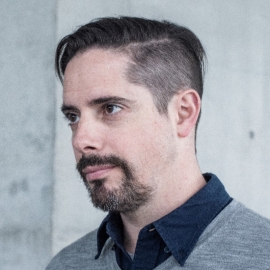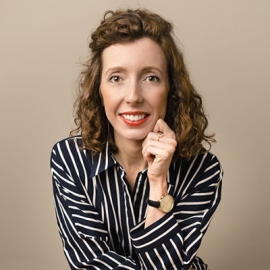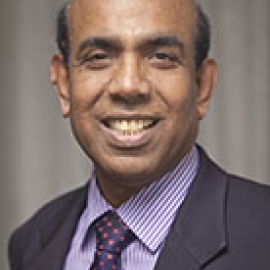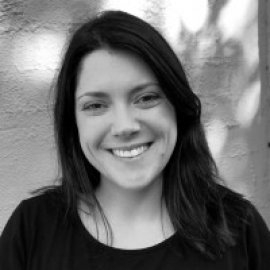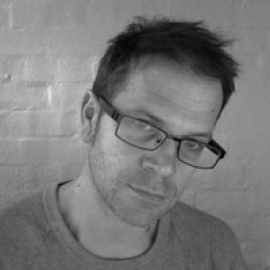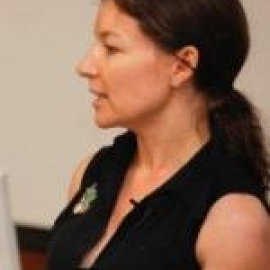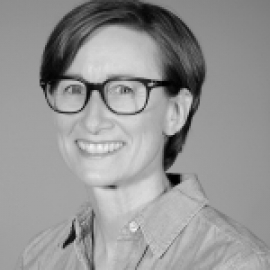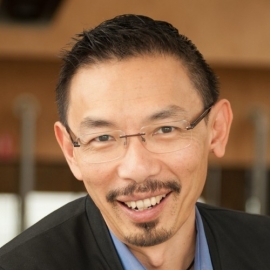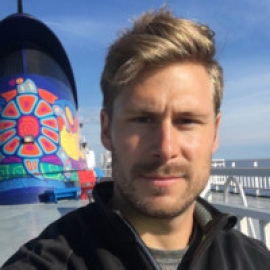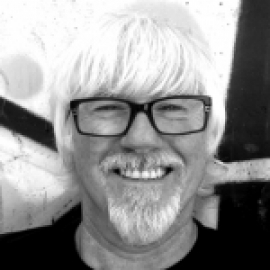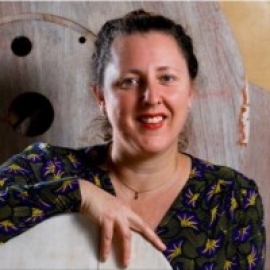The Challenge
"How might we redesign, rethink, repair and repurpose spaces, places, materials, and systems within cities in order to progress social, natural and economic development?"
According to the United Nations 55% of our global population lives in urban areas, rising to 68% by 2050 (UN DESA, 2020). This density of population has a major impact on global waste as cities are responsible for consuming 75% of the world’s natural resources. As the pace of urbanisation and its effects increase, the need to redesign, rethink, repair and repurpose the resources that contribute a staggering 50% of global waste (Circular Cities, 2020) within our cities has become critical.
The UNSW Circular Cities Hackathon asks participants to question and reimagine the existing systems within the City of Sydney; including buildings, spaces, mobility systems, experiences, and products, and propose new solutions underpinned by circular economy principles. While designing for Sydney, it is important to think globally. To make your idea part of the global agenda, consider the United Nations Sustainable Development Goals.
Circular economy principles which aim to eliminate waste have the potential to contribute to more sustainable cities that reduce waste, activate space, and promote positive social and economic change. While digital solutions often support and streamline services this hackathon is asking participants to engage with physical and tangible interventions in the City of Sydney.

